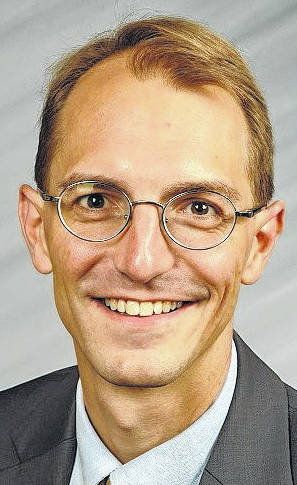
“If they sent him to the U.N., he’d end up starting World War III.”
— Mike Dunleavy
“His teammates and opponents generally and thoroughly detested him.”
— Ken Macker
On Tuesday night of this week, the NBA’s Milwaukee Bucks won just their second league championship, exactly 50 years after their first. That’s not meant as a knock against them, particularly since the Cleveland Cavaliers still have only one championship, and the Cincinnati Royals didn’t win a thing in the 15 years the franchise (now the Sacramento Kings) played in the city.
In the sixth and deciding game of the series, Bucks superstar Giannis Antetokounmpo, playing on an injured knee, scored 50 points, just the seventh time a NBA player had done so in a finals game, and the first since LeBron James did it in the finals — a series in which the Cavs got swept. The feat called attention to the names of the other six players to do it: James, Elgin Baylor, Jerry West, Michael Jordan, Bob Pettit, and a name you don’t hear quite as much anymore, Rick Barry.
The five retired players on that list are all in the Basketball Hall of Fame, but Barry’s name just doesn’t come up that often when people talk about the NBA’s greats, or about players who changed the game. Part of that is because Barry (as the quotes above indicate) was largely reviled during and after his career. Part is because he’s an equal opportunity violator when it comes to being offensive. In his own autobiography, he admitted to once punching a nun. He demanded a trade from the ABA’s Virginia Squires because he didn’t want his young son growing up with a southern accent. And he will likely forever be remembered for an incredibly offensive and racist comment directed at fellow broadcaster (and NBA legend) Bill Russell during the 1981 NBA Finals telecast.
Despite his character flaws, the law remembers Barry for the impact he had on the ability of players to control their own fates, the trajectory of the NBA and the ABA, and the future of free agency. If someone says “reserve clause” to a sports lawyer, the first name that will almost certainly come to mind is baseball’s Curt Flood, whose attempt to kill the player controlling language went all the way to the U.S. Supreme Court. Barry’s attempt to end the NBA’s reserve clause came two years earlier, though, and while he met the same disappointing end that Flood did, his stand against the reserve clause changed the trajectory of professional basketball.
Barry had been playing for the San Francisco Warriors of the NBA when the Oakland Oaks of the ABA came calling. The Oaks offered nearly identical money, but a chance to play for his college coach, who also happened to be his father-in-law. Barry knew that the Warriors had another contract year on him thanks to the reserve clause, but thought it unlikely they would challenge him in court, and so signed the contract with the Oaks. But the Warriors did sue, and later that offseason a federal district court sided with the Warriors and ruled that Barry either had to return to the NBA or sit out the 1967-68 season. Passing on the money and the season in the prime of his career, Barry instead went to the Oaks broadcast booth — a choice that not only lent legitimacy to the fledgling ABA, but also set up his post-retirement career.
He would return to the court the following year and lead the Oaks to an ABA championship, but his legal battles weren’t done. In 1972, another district court ruled that Barry had to return to the NBA and the Warriors, and two years later, Barry would lead them to their first NBA title since moving west from Philadelphia. A year after that, the NBA and ABA would merge into a single entity under the NBA’s name.
Barry’s decision set the stage for the major sacrifice of Oscar Robertson, and Robertson’s 1970 lawsuit on behalf of the NBA Players’ Association that killed the NBA’s reserve clause for good. But Washington Basketball Club v. Barry (the Oaks had moved to Washington by the time the appellate decision was issued) changed the trajectory of professional basketball and major league sports free agency, a small footnote in the world of sports, but a major one in the realm of sports law, that is largely forgotten, but was called to light by a 50-point game in this year’s finals.


